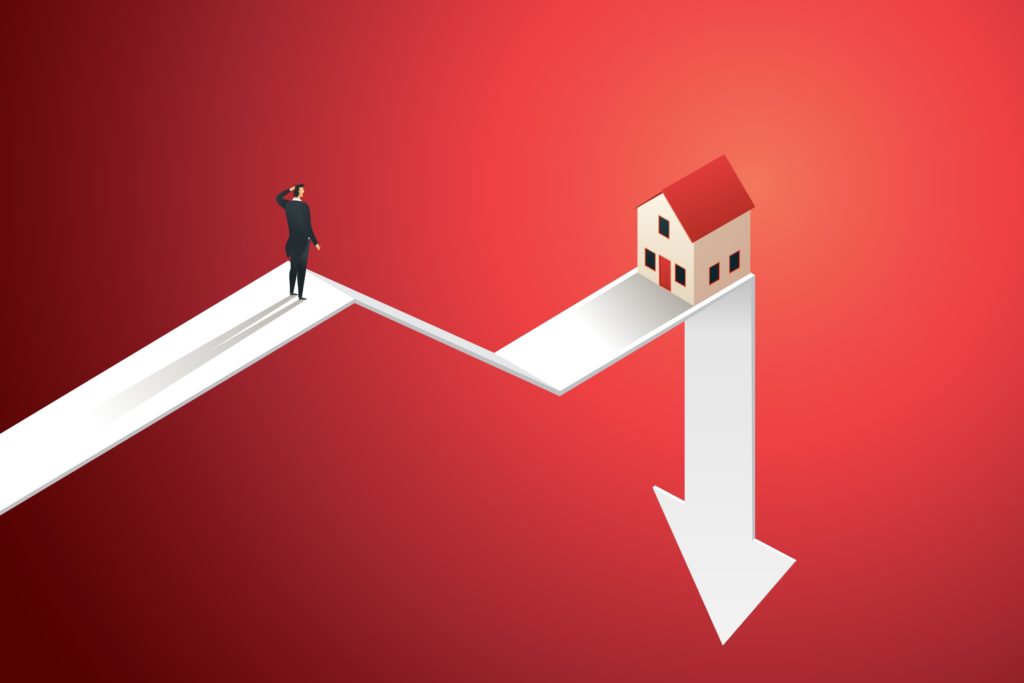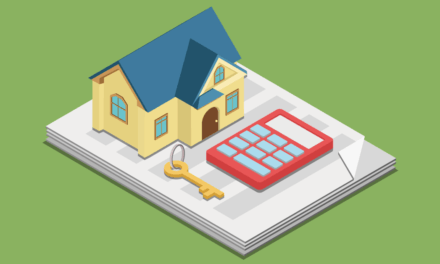With real estate mortgage interest rates rising throughout 2022, what will happen to the housing market? By the end of October 2022, mortgage rates climbed up to over 7%! Coupled with an unstable national and global economy, this has priced many potential homebuyers out of the market. Many Americans who were hoping to buy a home in 2023 may have to reevaluate their options.
Understanding the real estate market can be tricky in these uncertain times. But the team at Local Leader is here to help you keep up with mortgage and housing trends. Learn what is happening to real estate mortgage interest rates and how they will influence the U.S. real estate market.
What Happened to Real Estate Mortgage Interest Rates in 2022?

Mortgage rates rose steadily throughout 2022, with just a brief dip during the third quarter of the year. Overall, the average 30-year mortgage rate started around 3.25% in January of 2022 and gradually hiked up to over 7%. This trend is especially alarming after the COVID-19 pandemic, when mortgage rates kept hovering around 3%. This was in large part due to emergency Federal Reserve actions.
Let’s zoom in to a practical example: A homebuyer is looking to purchase a property worth about $500,000 today. With a 20% down payment and a 30-year fixed mortgage of $400,000, they can expect monthly payments of about $2,400. And that’s with a credit score of over 740. Borrowers with weaker credit may face even higher rates and more limited loan options.
For many Americans, these trends make buying a house today far more difficult than a year ago.
Why Are Real Estate Mortgage Interest Rates Rising?
Right now, the U.S. economy is experiencing a time of high inflation. That is, prices are rising faster than employee wages. As a result, you can buy less with $100 today than you could the same time last year. And people are feeling the pinch! This is particularly prominent when they load their grocery cart, fill up their gas tank, or shop for a house. Post-pandemic supply chain disruptions, the Russian invasion of Ukraine, and federal policies are some of the factors that drive inflation.
And when inflation rises, so do mortgage rates. As the Federal Reserve raises the rate of federal funds, mortgage lenders follow the trend. This is what we have seen in the American housing market in 2022.
However, one thing is worth noting for perspective. While mortgage rates have more than doubled since the start of the year, they’re just now approaching the 7.76% mark. That is the mortgage rate average since 1971. Historically, the U.S. has already lived through mortgage spikes and much higher mortgage rates.
How Will These Mortgage Trends Influence Future Housing Prices?

Generally, as mortgage rates increase, home price appreciation tends to slow. This dynamic leans on basic supply and demand. With lower interest rates, demand for real property increases, and house prices go up. High-interest rates interfere with individual purchasing power, slow demand, and bring prices down.
The relationship between mortgage interest rates, demand for real estate, and housing prices aren’t linear. Other factors also come into play in the current housing market.
Factors that Affect Real Estate Mortgage Interest Rates
- Limited supply. The housing supply vs. demand is low. In simple words, the number of interested buyers is high compared to the number of houses on the market. One reason for this is that with the climb in mortgage rates, homeowners with fixed low mortgages have less incentive to sell. They know that if they finance the purchase of a new property, they’ll likely face higher mortgage rates. And some homeowners may not be able to afford this increase.
- Higher homeowner credit. In times of financial duress, average housing prices may drop because many homeowners can’t keep up with their mortgage payments. As a result, they have no choice but to put their houses on the market. A high number of foreclosed properties may drive prices down. However, the average homeowner right now enjoys more financial security, including more equity and less debt, than homeowners in the housing bubble of 2008. So it’s unlikely that bottom-priced homes will flood the market.
- Steep rent prices. Prospective home buyers who are currently renting have had to contend with a sharp climb in rent prices in 2022. Higher rent payments, coupled with general rising inflation, mean that people’s ability to save for down payments and qualify for a house loan drops.
- Slow construction. During the pandemic, new home construction dropped to almost zero due to severe labor shortages, COVID lockdowns, and global supply chain issues. While things are looking up for new construction, it’s still nowhere near enough to meet demand from Gen Z and Millennial buyers.
With all these complicating elements, it’s hard to predict what will happen to house prices in 2023. Experts cautiously hope that we won’t see a major housing market crash like in 2008. Low supply, high demand, and gradual growth in new projects suggest that real estate prices will continue rising, although more slowly.
What Do the Current Real Estate Market Interest Rates Mean for the Individual Home Buyer?
Steep prices and rising mortgage rates mean that buying a house is likely to become more difficult in 2023. However, this doesn’t mean that prospective home buyers should wait until prices or mortgage rates drop. The sensible course of action for most home buyers would be to assess their financial situation, evaluate their loan options, and buy when they’re ready.
Local Leader: Trusted Information and Market Analysis for Real Estate Professionals
Developing your career as a real estate professional is challenging at best during times of rising real estate market interest rates, especially if you have ambitious goals like breaking into the luxury real estate market. Local Leader helps you build up your industry expertise by providing timely, helpful information and tips you can use in your business. We provide digital resources for agents and brokerages to help you keep revenue up and navigate the real estate market changes.
Sign up for our newsletter today and get all the hot housing market updates straight to your inbox.






